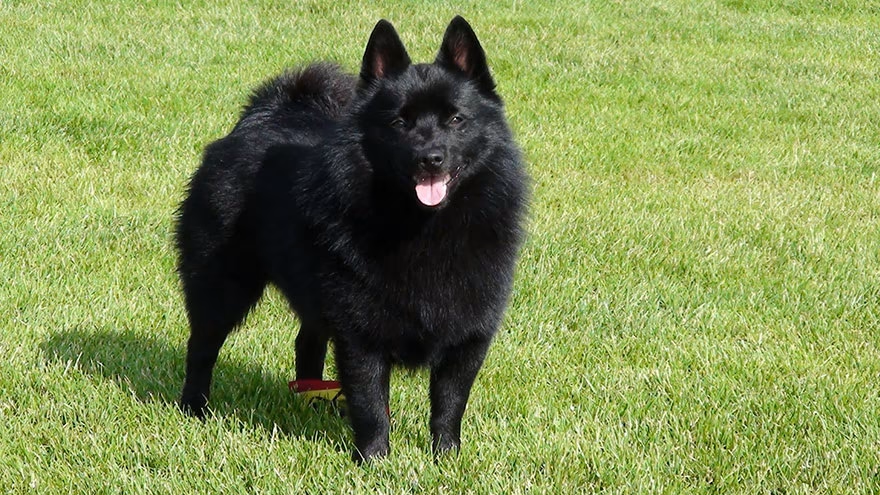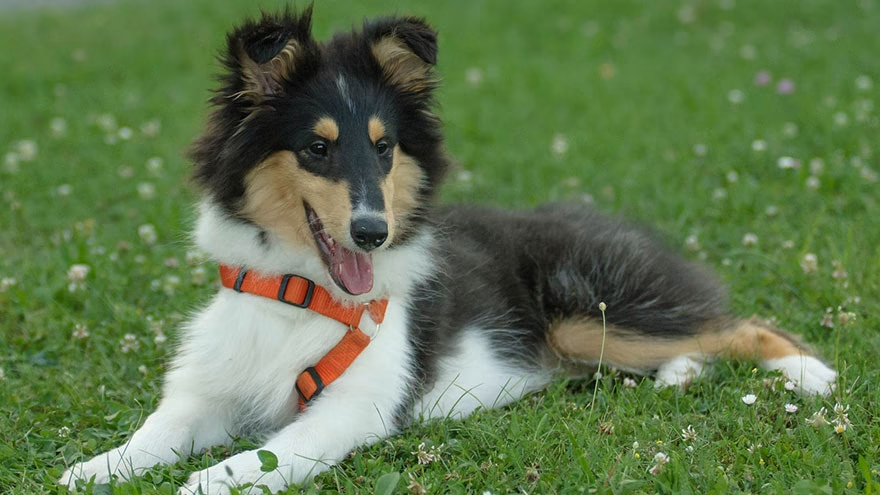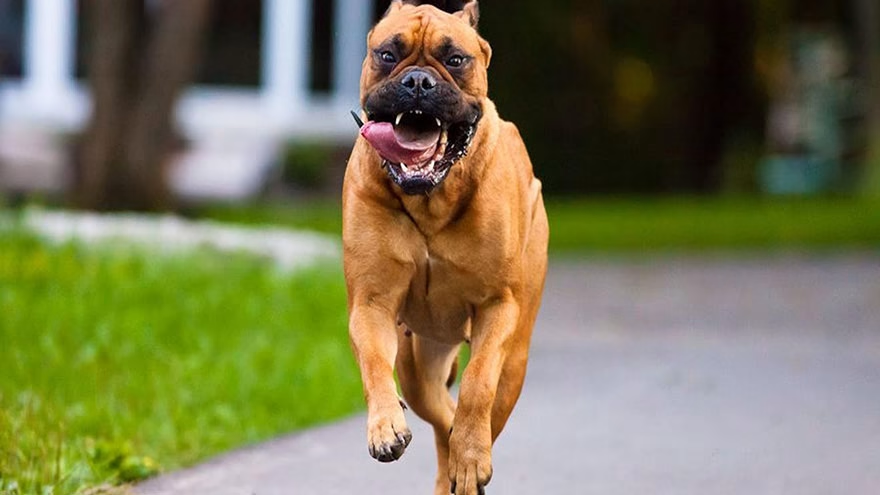The Schipperke can be a great companion, even for children, though some are slow to warm up to those it does not know. We have put together 10 of the most common questions about the Schipperke, with answers for each.

1. What İs The History Of The Schipperke?
The Schipperke was bred as a boat dog in Belgium and may be descended from the same stock as the black Belgian Sheepdog. The smaller Schipperke was long used as a guard dog on canal boats in Belgium.The name may come from words that mean “little captain” or from a Flemish word meaning “little shepherd.” The breed was first shown in 1880 and is now primarily a companion dog.
2. How Big Does The Schipperke Get?
Most dogs of this breed will be from 10 inches to 13 inches tall at the withers. An adult Schipperke will weight from 12 pounds to 18 pounds. A proper diet and sufficient exercise are necessary to keep the dog from becoming overweight.
3. How Much Exercise Does The Schipperke Need?
This is a working breed that will do best with regular exercise. A new owner should be prepared to give the Schipperke room to run and play. A large, fenced yard would be best. The dog will probably be very active indoors as well and will enjoy running around in the house.
4. How Long Does The Schipperke Live?
The age range varies, depending on whom you talk to. But most Schipperke will live 14 years or 15 years with proper diet and exercise. Some have been known to enjoy their health as long as 18 years.
5. Will The Schipperke Be Good With Children?
Generally, yes but early socialization with the breeder and patience from the new owners is necessary. However, the Schipperke is usually very effective with children who are not too rough and with older adults who need a good companion.
6. I Have Seen Tan Schipperkes. Is This Common?
It is not uncommon for a Schipperke to be tan or fawn in color. However, the black coat is the only one recognized for show dogs by the American Kennel Club.
7. I Have Heard That The Schipperke Sheds Heavily. Is This True?
Schipperkes “blow” their coats seasonally - once or twice a year. In between they do not shed much at all.During the shedding time a good brush will get out the undercoat and the guard coat will drop out. This process may take 3 weeks to 4 weeks, then the new coat comes back in.
8. What Health Problems Should I Be Aware Of?
A newly discovered condition that may be unique to Schipperkes is MPS IIIB. It is also known by the name Sanfilippo syndrome type IIIB.According to medical information from various dog breed specialists, the disease involves lysosomes, "bags" within cells of the body. These sacs are filled with special enzymes, which disassemble molecules in an orderly manner.
If one of the enzymes is missing, due to mutations in the gene for that enzyme, the disassembly stops. Molecules do not break down and thus accumulate in lysosomes. The cells become sick or die, which leads to disease. A dog that develops MPS IIIB may show signs of tremor, difficulty in maintaining balance or trouble with walking.
9. What Are Some Basics For Training A Schipperke?
First of all, you should not use hitting or physical punishment. The Schipperke, like many purebred dogs, does not respond well to this type of training. In addition, you should always use consistent tone of voice when addressing the pet.The Schipperke is very intelligent and will recognize the tone of voice if used consistently. Always be confident when correcting or training your Schipperke. This dog is good at understanding body language as well.
10. Is The Schipperke A Good Watchdog?
Yes. In fact, this was one of the primary jobs for the Schipperke on the canal boats. Schipperkes will take time to warm up to strangers and will bark to let you know if something suspicious is going on around the home.This breed will not back down very often and will be friendly and protective with children.
Read More About Schipperke
- Schipperke Breed Information
- Schipperke Training Guide
- Schipperke Health Guide
- Owning A Schipperke : Breeder Recommendations
Save for later
Found this helpful?
Pin this article to your Pinterest board and come back to it whenever you need a reminder.
Save to Pinterest


